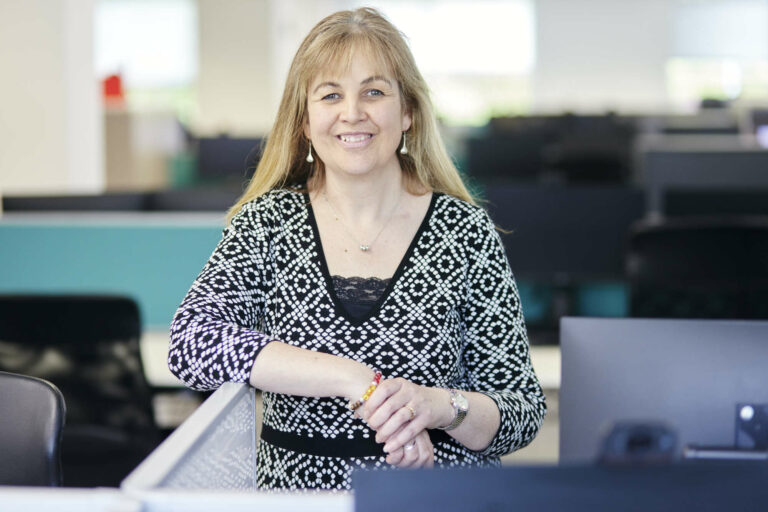
Around 1 in 4 women experience a mental health problem either during pregnancy or within 2 years of having a baby, and research shows that where women are not able to access good quality perinatal mental health services, it costs the NHS £1.2 billion per year.
Covid-19 has also had a huge impact on perinatal mental health, with women of colour and those from poorer backgrounds being worse affected. The pandemic in general has had a detrimental effect on mental health across society, so it’s more important than ever that those who are struggling know where to turn for support.
What’s being done to support the mental health of new mothers?
The Maternal Mental Health Alliance commissioned research on the effect of the pandemic on maternal mental health and as a consequence has made 8 recommendations:
- Recommendation 1: Assessing the true level of demand
- Recommendation 2: We want to future-proof perinatal mental health services against future pandemics or similar public health crises
- Recommendation 3: We need up-to-date data to understand the changing picture
- Recommendation 4: We need to tackle racial discrimination within health systems and adverse outcomes for people of colour
- Recommendation 5: We need better research
- Recommendation 6: We need to understand the impact of ‘remote’ mental health care
- Recommendation 7: Government and NHS must recognise the importance of voluntary and community organisations
- Recommendation 8: We must support the mental health of all health and care staff
The Maternal Mental Health Alliance is a national charity that works with a network of organisations to support women and their families in accessing mental health support during pregnancy and after. In 2020, they reported on the impact it has made for families experiencing baby loss. One of their core standards is to ensure that bereaved parents are told about specialist mental health support and to be referred if requested. They identified that the need to communicate information about psychological and emotional support services available in the community needed to be improved.
NHS maternal mental health hubs
In April this year, NHS England announced new hubs dedicated to mental health services for new expectant and bereaved mums would be rolled out across the country. The aim is for access to psychological therapy to be provided under the same roof as maternity services and reproductive health. The hubs will provide training for maternity staff and midwives as well as offering psychological therapies. The first 10 hubs are planned to be up and running by April 2022, with every area having a hub by April 2024.
There is not a lot of information available about how the hubs are working but one report on the Royal College of Nursing website describes how the hub in Exeter, Devon provides psychological support as well as a personal trainer to address physical wellbeing too.
The hubs that are currently operating (at the time of writing) are in:
- Birmingham & Solihull
- Leicestershire
- Northamptonshire
- Shropshire Telford & Wrekin
- South Yorkshire and Bassetlaw
- Lancashire and South Cumbria
- Hampshire and Isle of Wight
- Kent and Medway
- Cornwall
- Devon
We are hopeful that these hubs, combined with initiatives such as the National Bereavement Care Pathway and the NHS Long Term Plan (which identifies access to perinatal mental health as a maternity care priority) will ensure improved access to the mental health support that a large number of mums need.
The Maternal Mental Health Alliance has a helpful resources section at https://maternalmentalhealthalliance.org/resources/mums-and-families/


















